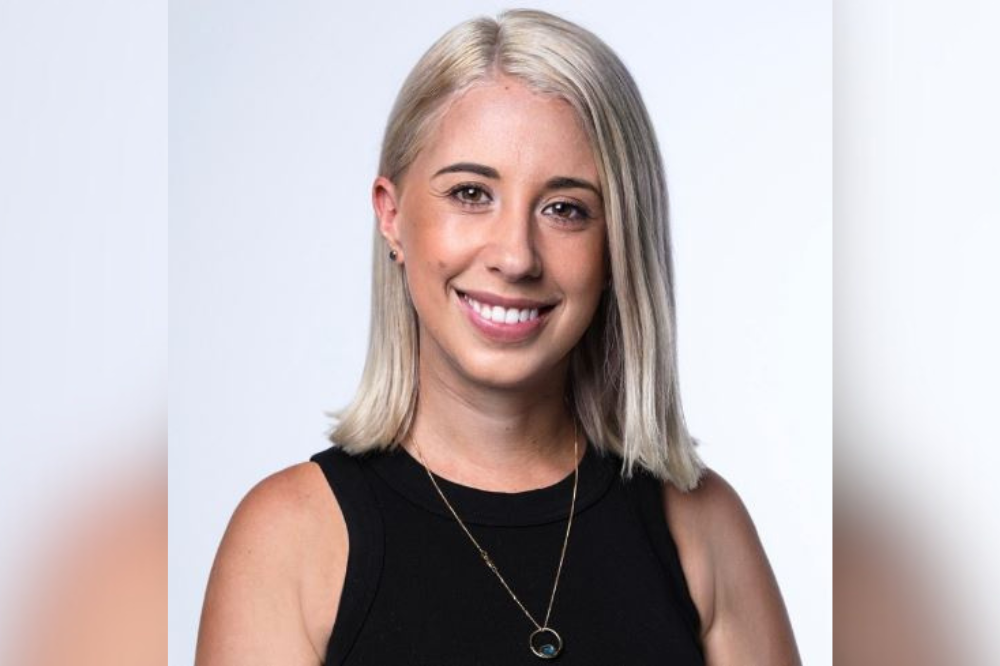
Cultivating curiosity: unleashing the power within
What drives deep and meaningful learning experiences? What sparks students' thirst for knowledge, exploration, and the desire to question? The answer lies in the power of curiosity—a force that Kara Vaughan, educator, PhD candidate, and EP Fellowship recipient, fervently believes in. Vaughan's relentless pursuit of transforming classrooms into havens of inquiry and intellectual growth has made her a trailblazer in fostering critical thinking and questioning skills.
"My vision for the future of teaching and learning is one that embraces technology as a tool to enhance and transform access, depth and the vital role of curiosity in driving learning forward," asserts Kara Vaughan. She firmly believes that curiosity acts as the engine that propels students towards a lifelong thirst for knowledge, exploration, and the relentless pursuit of answers.
Igniting curiosity through technology: a catalyst for exploration
Currently studying towards her PhD at the University of Queensland, Vaughan's academic journey revolves around her enthralling doctoral research project, centred on adolescent curiosity and its correlation to a curious classroom culture. Through her thesis, "Creating Curious Classrooms through Student Questions," Kara dives into the profound impact curiosity has on learning. More importantly, she aims to provide practical strategies for educators to enhance curiosity among their students.
By leveraging technology, educators can create captivating learning environments that actively cultivate curiosity. Simulations, virtual reality, and online resources serve as gateways to immersive and interactive experiences, where students embark on captivating journeys of discovery. As Vaughan aptly puts it, "Through technology, we can ignite curiosity and empower students to seek answers, make connections, and explore new possibilities." Technology broadens horizons, providing students with access to a wealth of information and diverse perspectives from around the world. By encouraging students to follow their curiosity, educators empower them to take ownership of their learning and develop a lifelong love for exploration and discovery.”
Questioning as the gateway to critical thinking
However, Vaughan emphasizes that technology alone cannot cultivate curiosity. Educators play a pivotal role in nurturing and harnessing curiosity within the digital learning landscape. "Skilled educators design learning experiences that inspire wonder, encourage questioning, and provide opportunities for students to explore their interests and pursue their passions," Kara states. By fostering collaboration, dynamic discussions, and the exchange of diverse perspectives, educators create spaces where curiosity thrives. Vaughan’s vision is an inspiring one; "Educators serve as architects of engaging learning experiences that inspire wonder and curiosity." They encourage students to ask questions, pursue their interests, and develop critical thinking skills necessary for success in a rapidly evolving society.
Charting a path forward: nurturing inquisitive minds
Vaughan's ongoing research journey, focusing on adolescent curiosity and practices that support a curious classroom culture, provides tangible strategies for educators to create classrooms that nurture inquisitive minds. "By fostering curiosity through effective questioning techniques, educators can ignite a thirst for knowledge and deep understanding," Vaughan advises. Her work not only inspires educators but also empowers them to cultivate critical thinking, curiosity, and questioning skills among their students. As she continues to pave the way, Vaughan's research and insights shape the landscape of education and contribute to a future where curiosity reigns supreme.
Vaughan's first article as an EP Fellowship recipient is set to be released in early August. Titled "The Power of Curiosity in Learning," this thought-provoking piece explores the key facets of her research; curiosity's role in education, its impact on student engagement and deep learning. Educators can expect practical strategies, highlighting the connection between curiosity, critical thinking, creativity, and lifelong learning alongside examples of how technology can effectively spark and sustain curiosity in various educational contexts. Stay tuned for this game-changing article that will inspire educators to nurture curiosity in the classroom.
Poppie Johnson is Head of Writing at Education Perfect.


